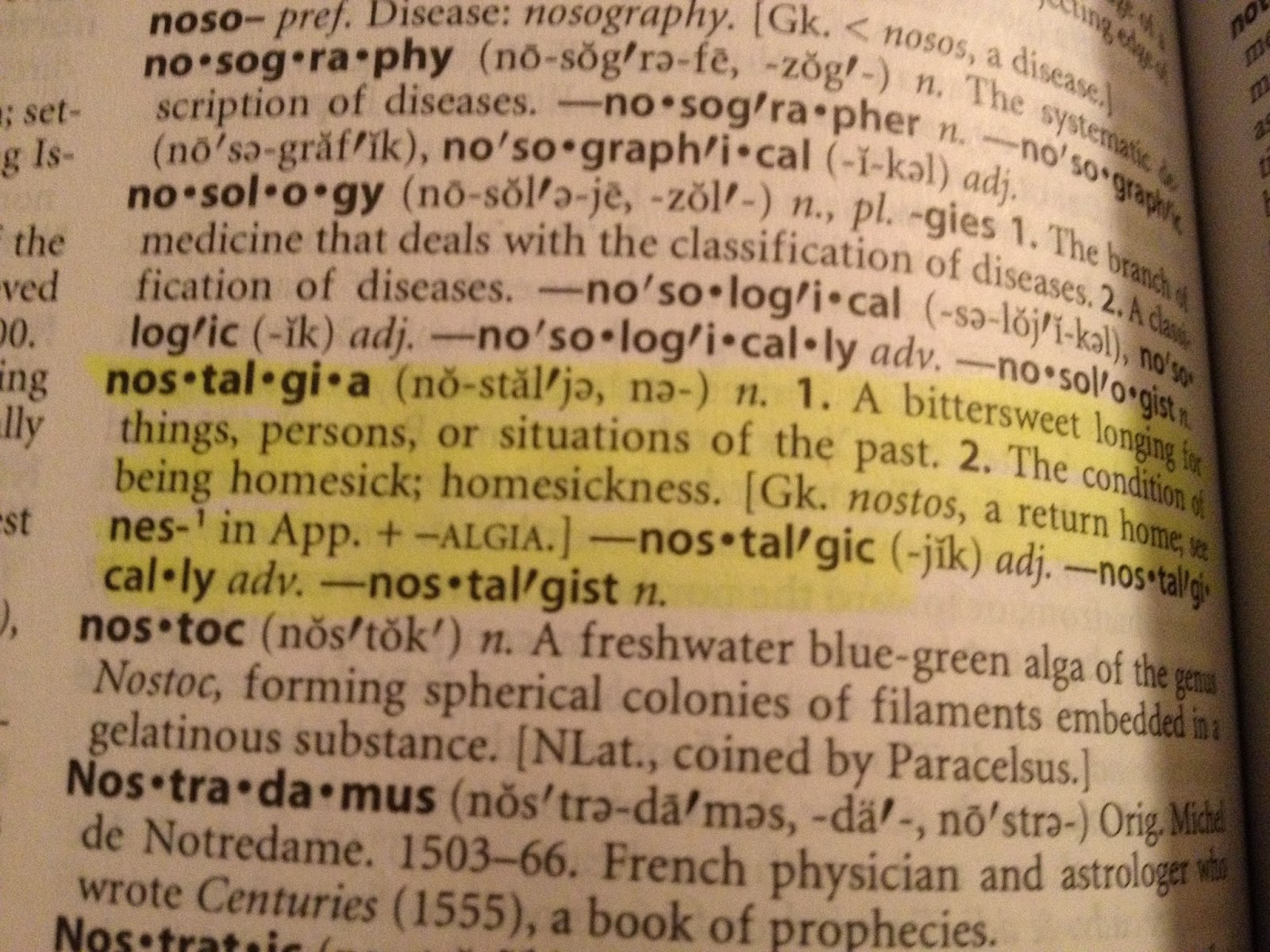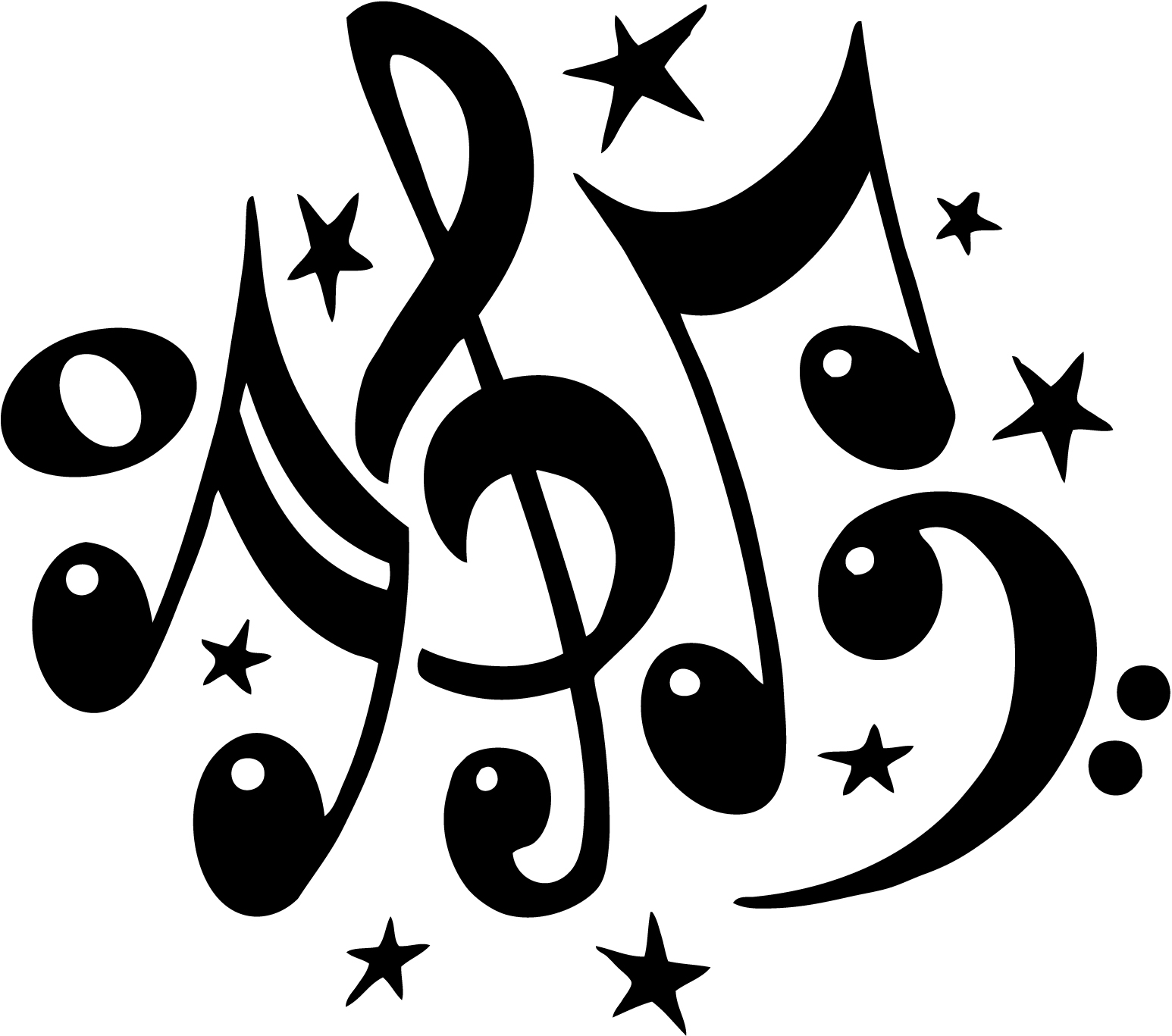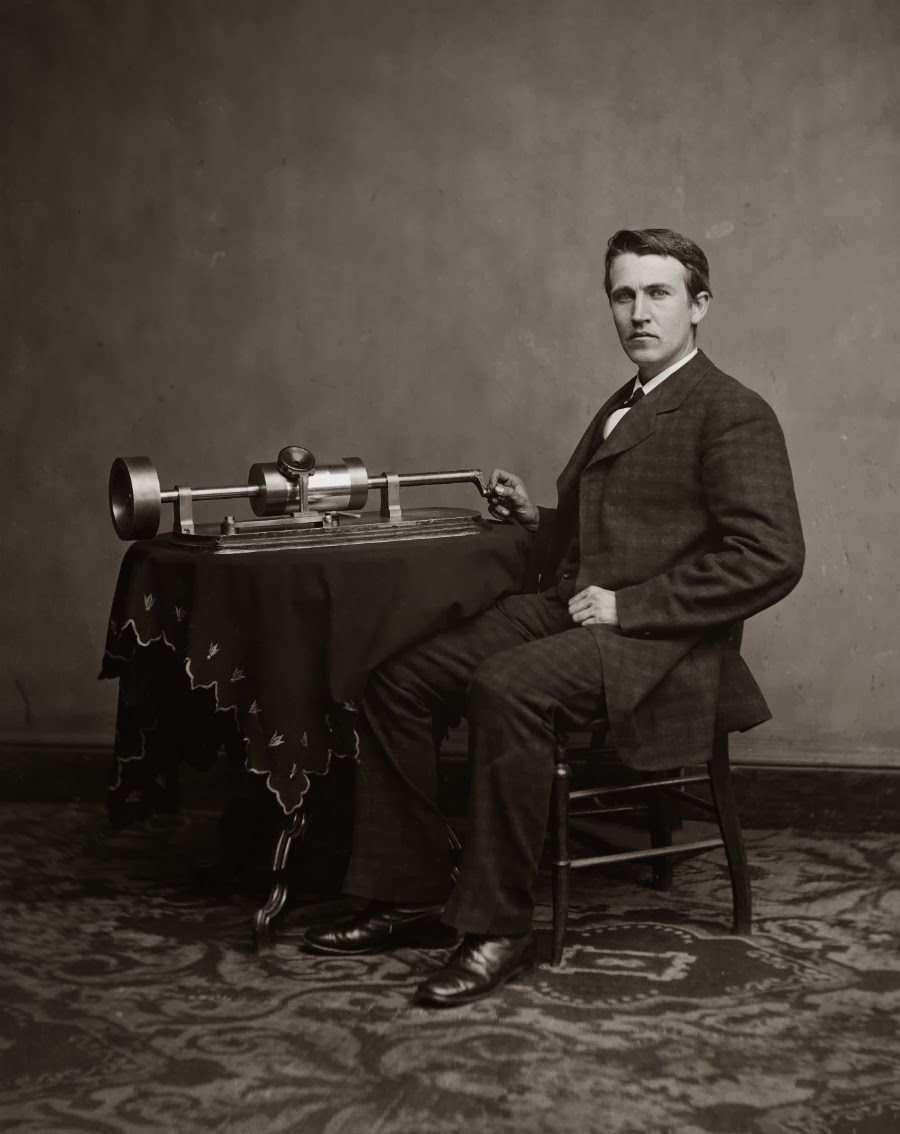Pahk the Cah in Hahvud Yahd

It's been several years since we have posted anything to this blog. There were a couple of false starts and we can't guarantee this won't be another one of them. But we can say that Life throws a few curve-balls once in awhile that sometimes has you placing things on a shelf for awhile. Like this blog. We are hopeful we can pull this back down, dust it off, and put a little more out there as time permits. New England-i-est part An Update on the Mancave! First thing, we are no longer located in Western NY, but on the North Shore in the Greater Boston Area. An unlikely series of events, involving joining a startup, successful acquisition of said startup a few years later (in startup speak ... the "exit"), serious soul searching about what sort of career one can do after working at a startup, various family things all lining up (nest definitively emptying, loss of one of our mothers), and a very blurry confusing time, now marveling that we now are livi...












